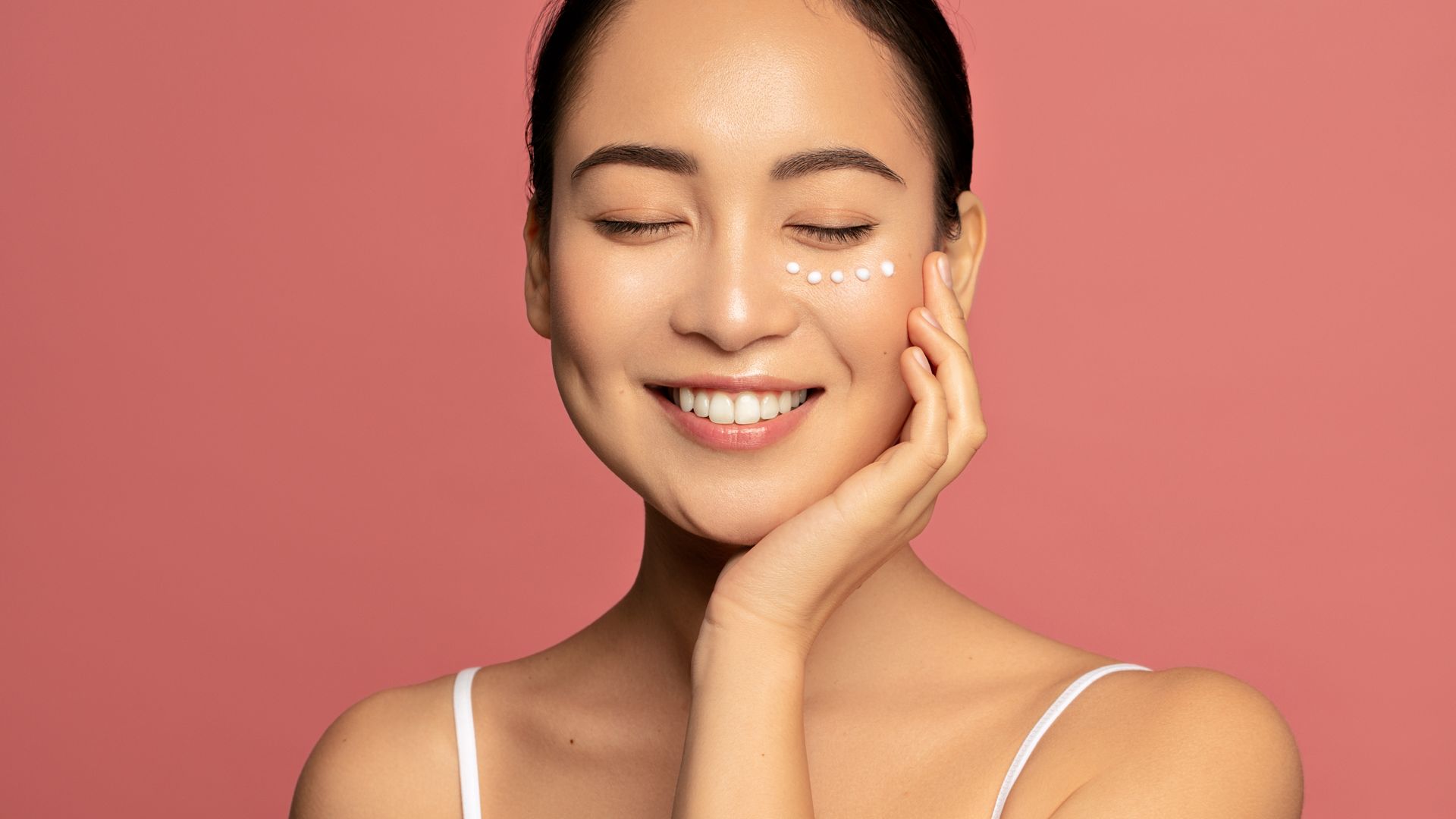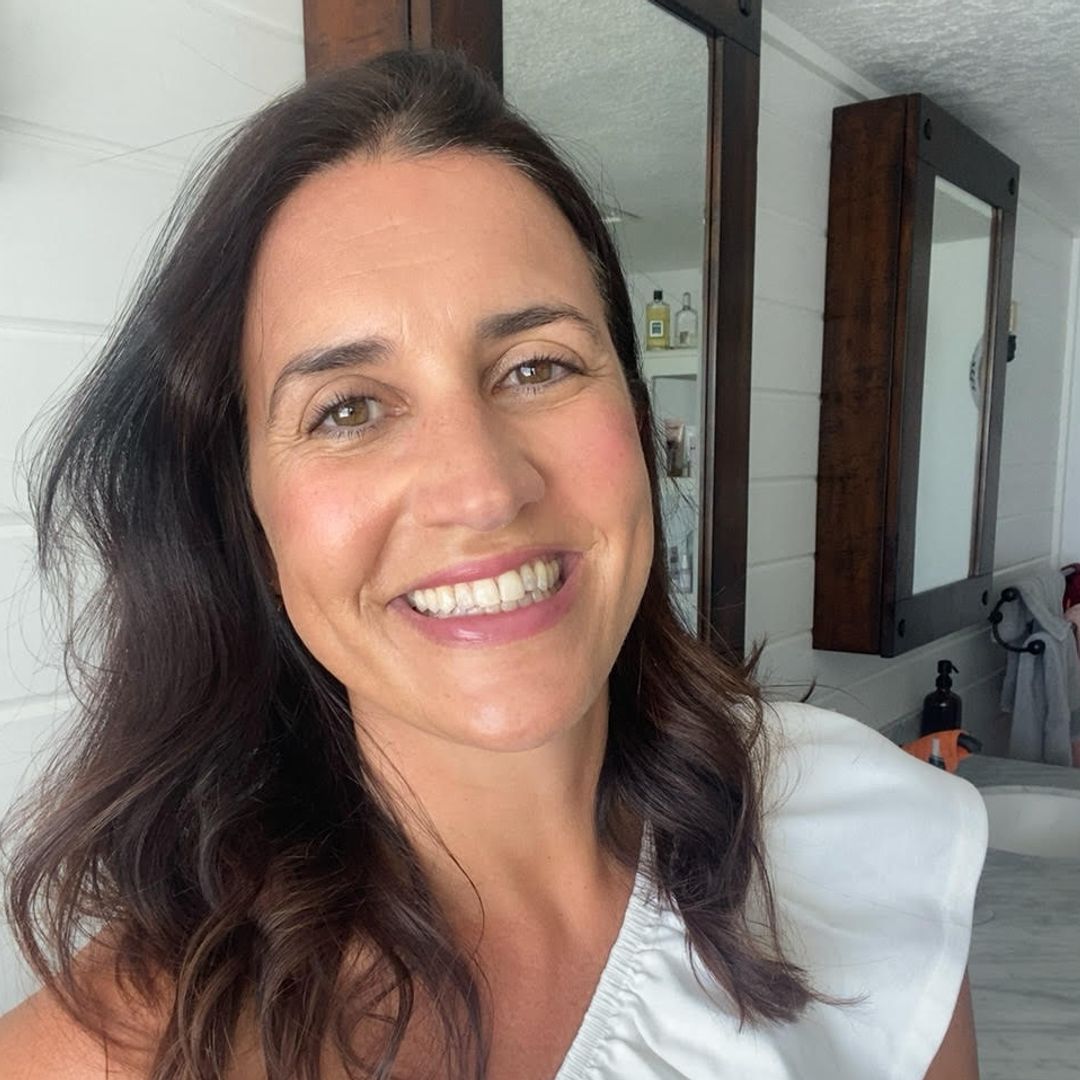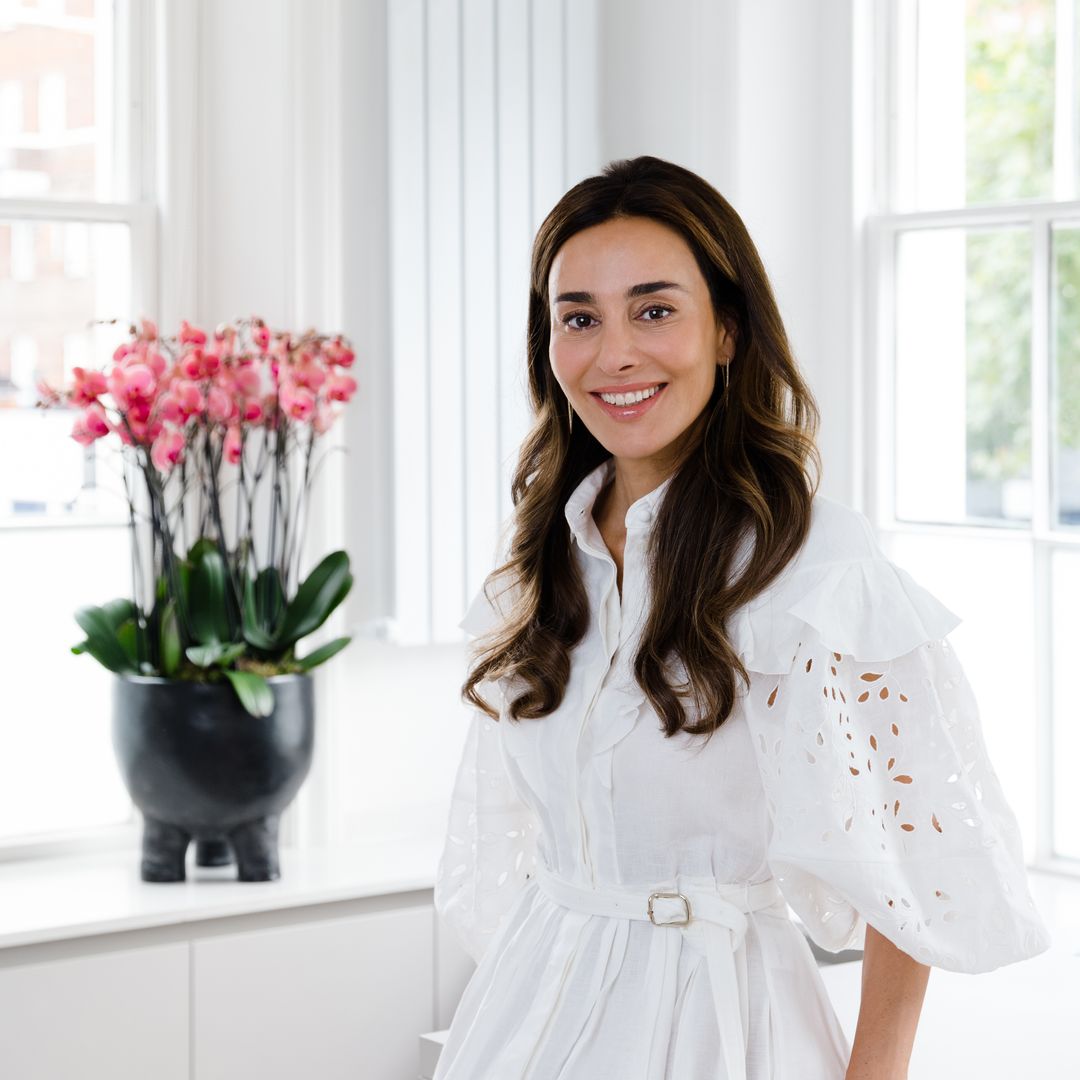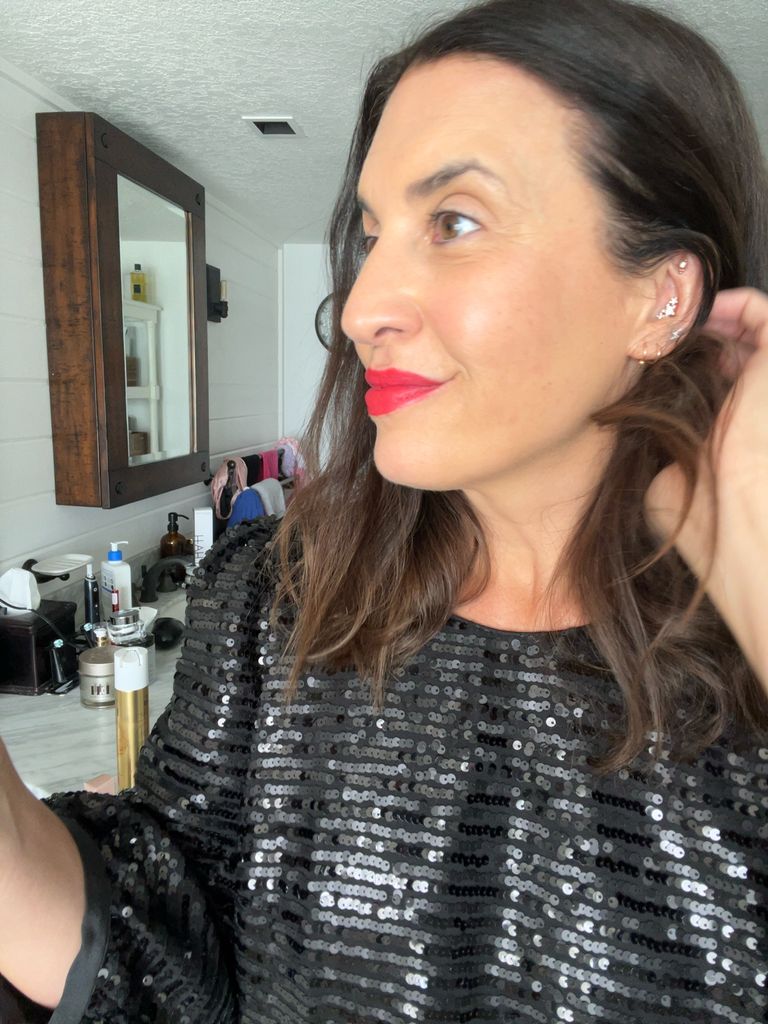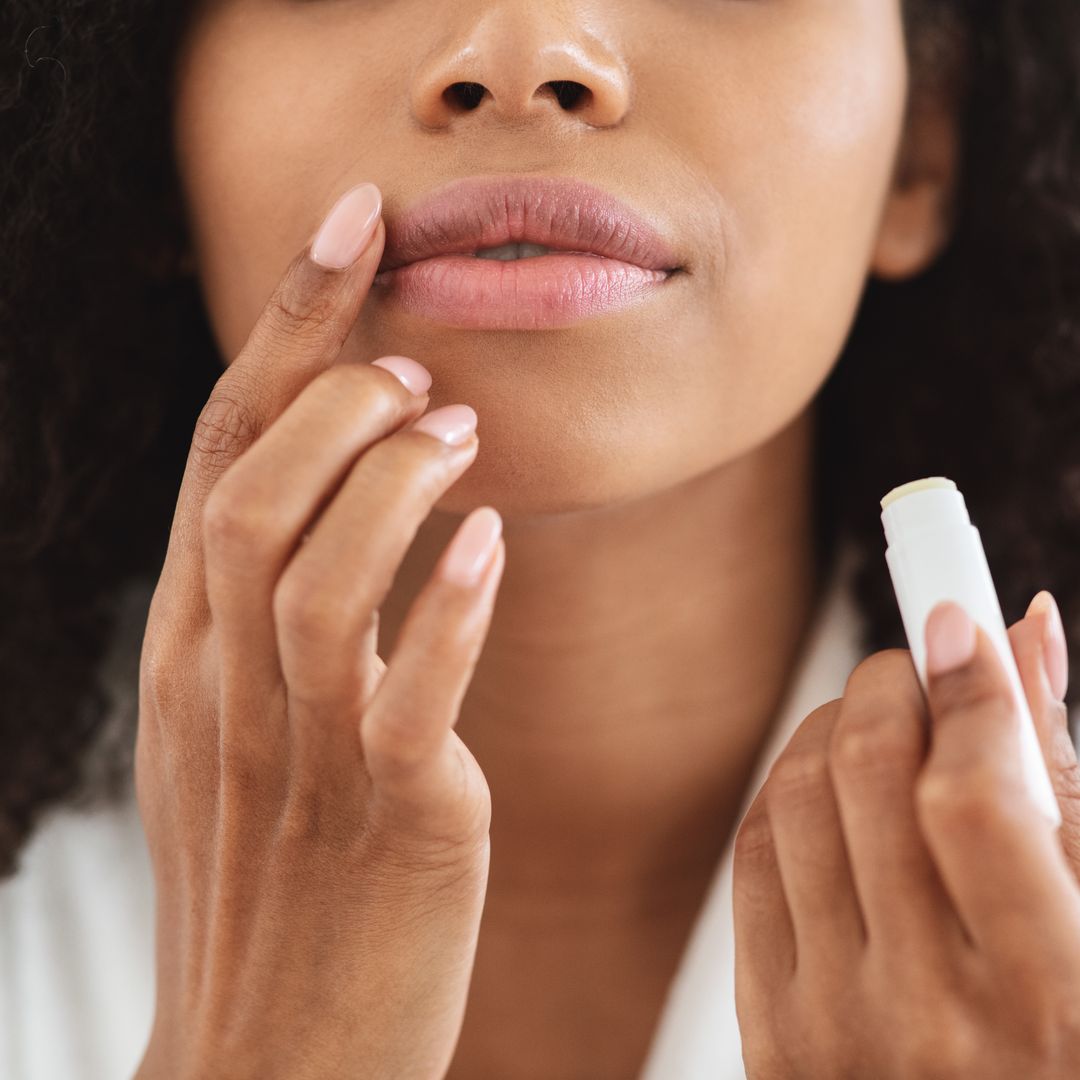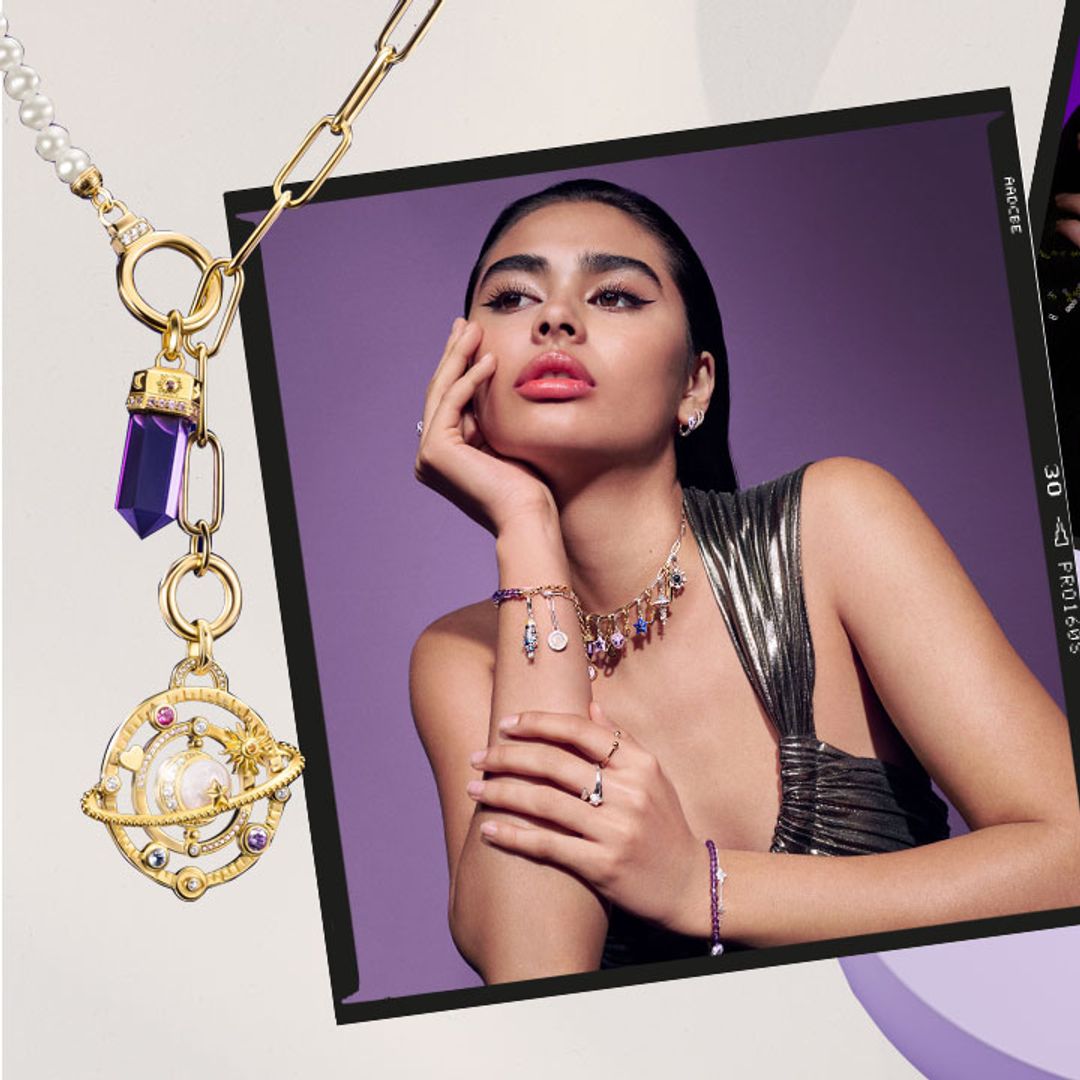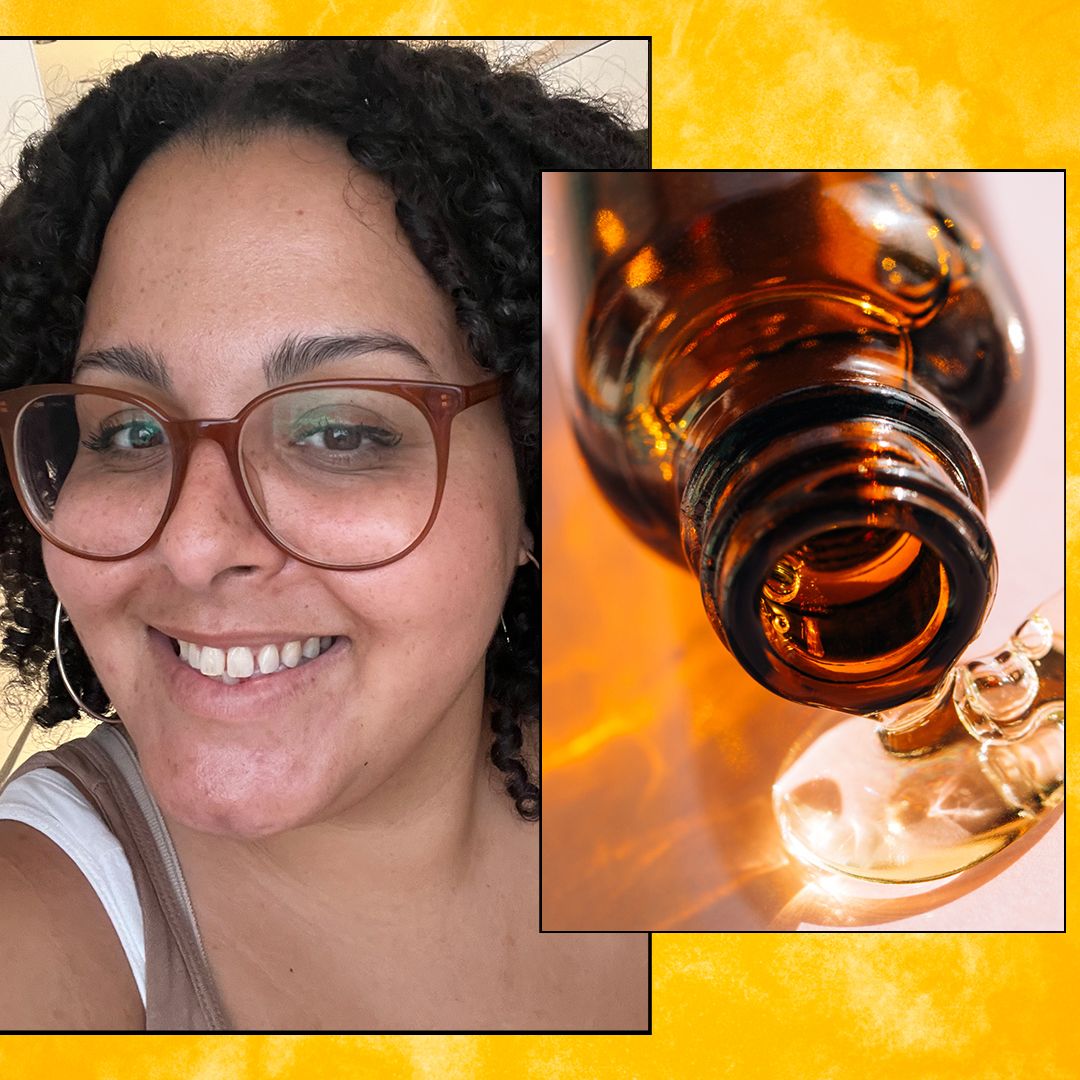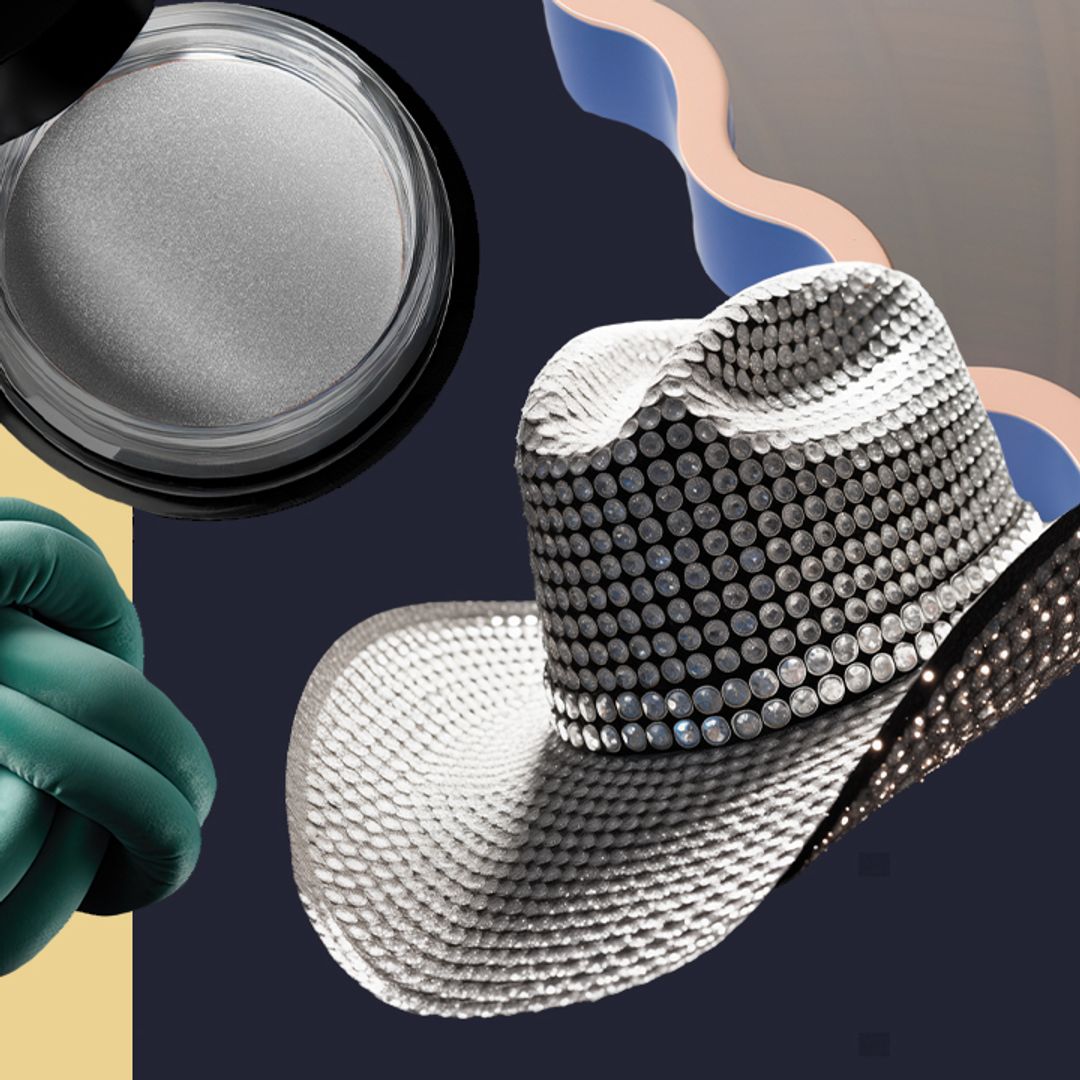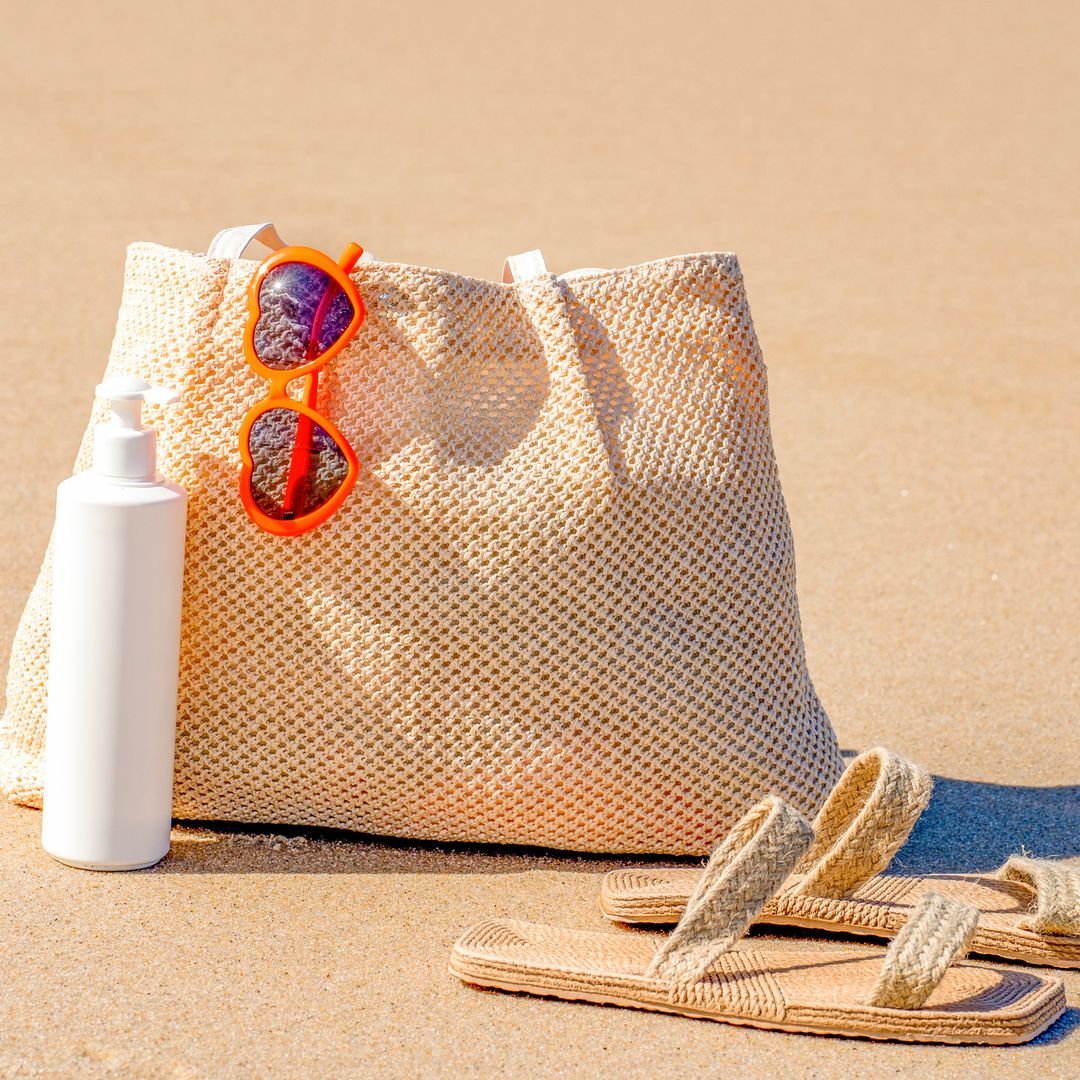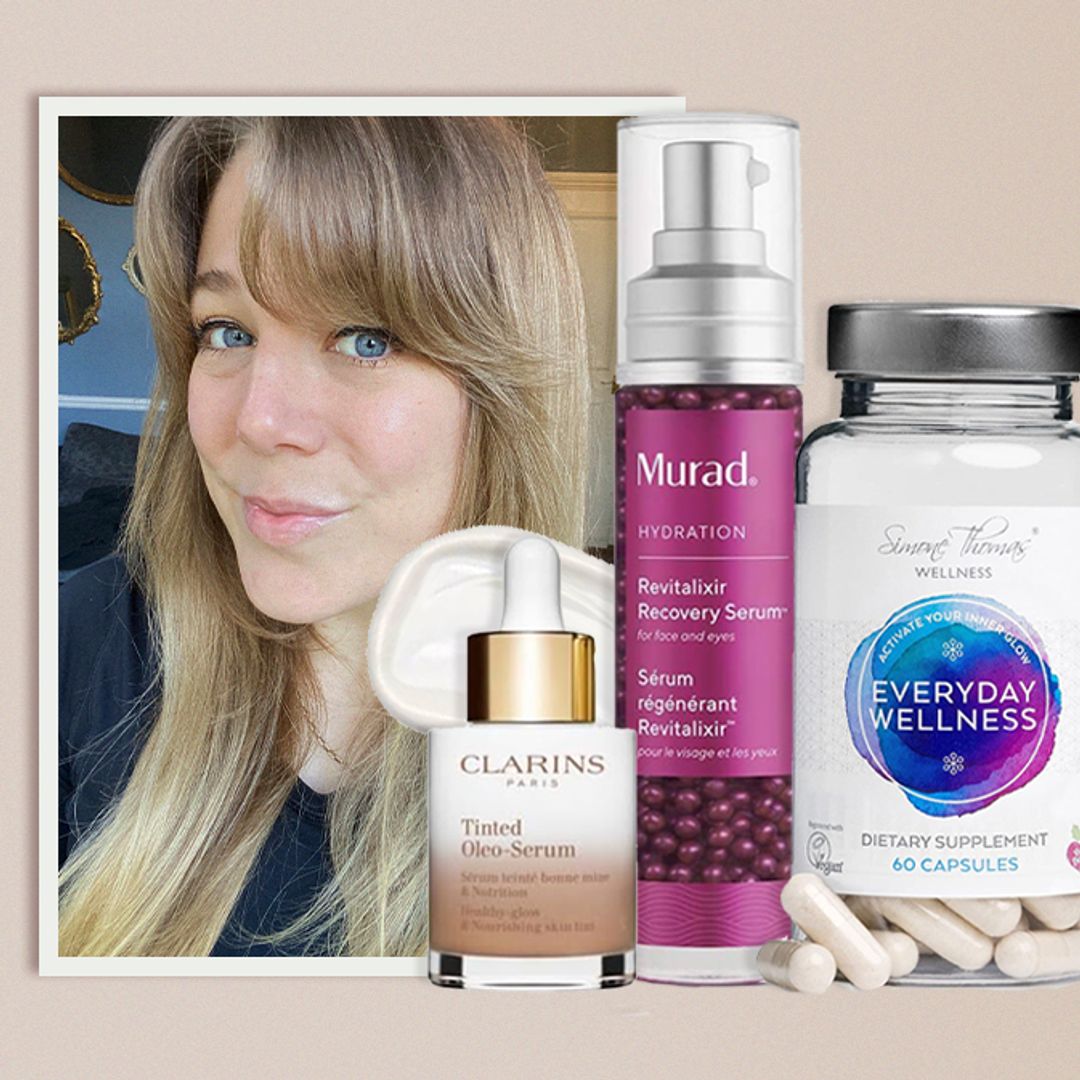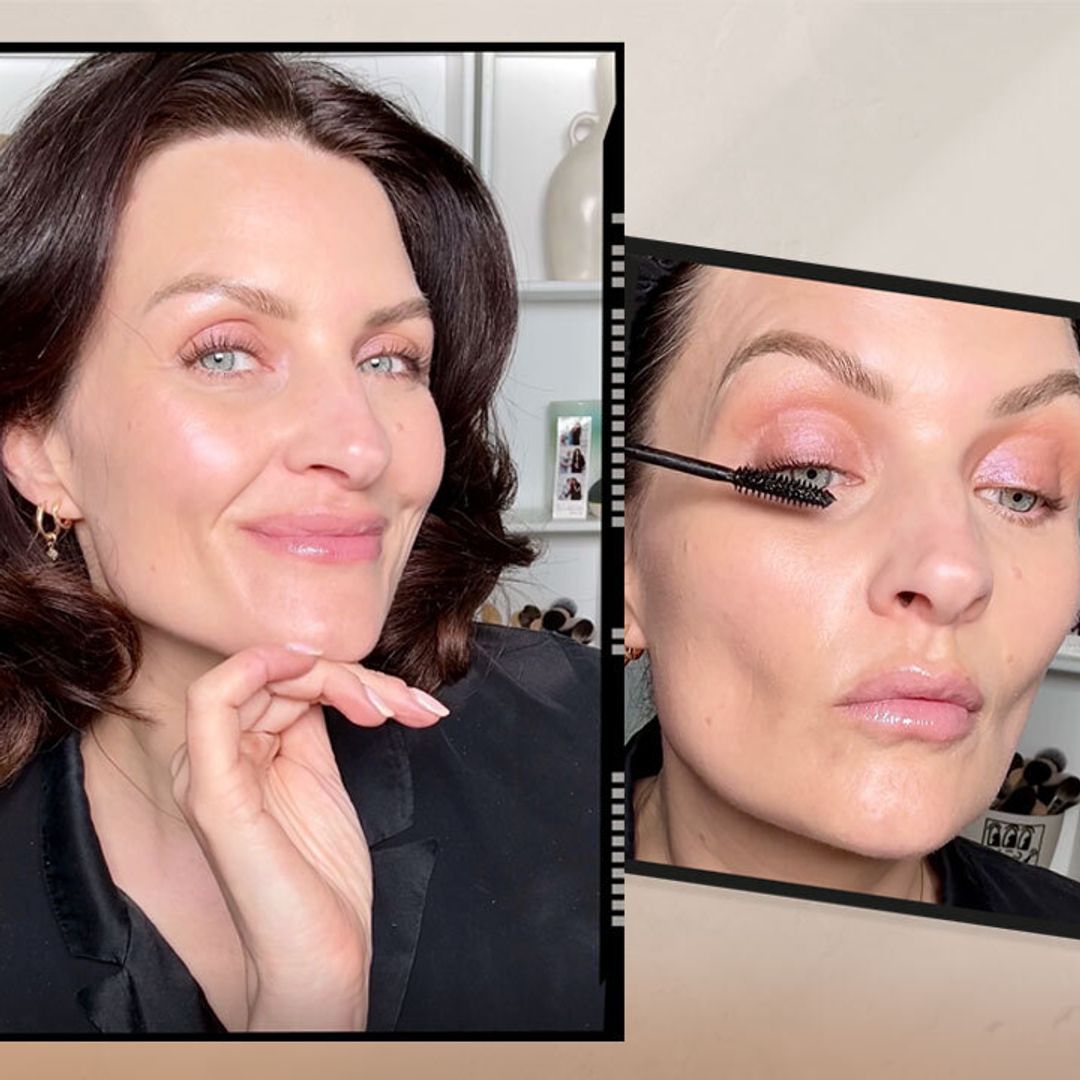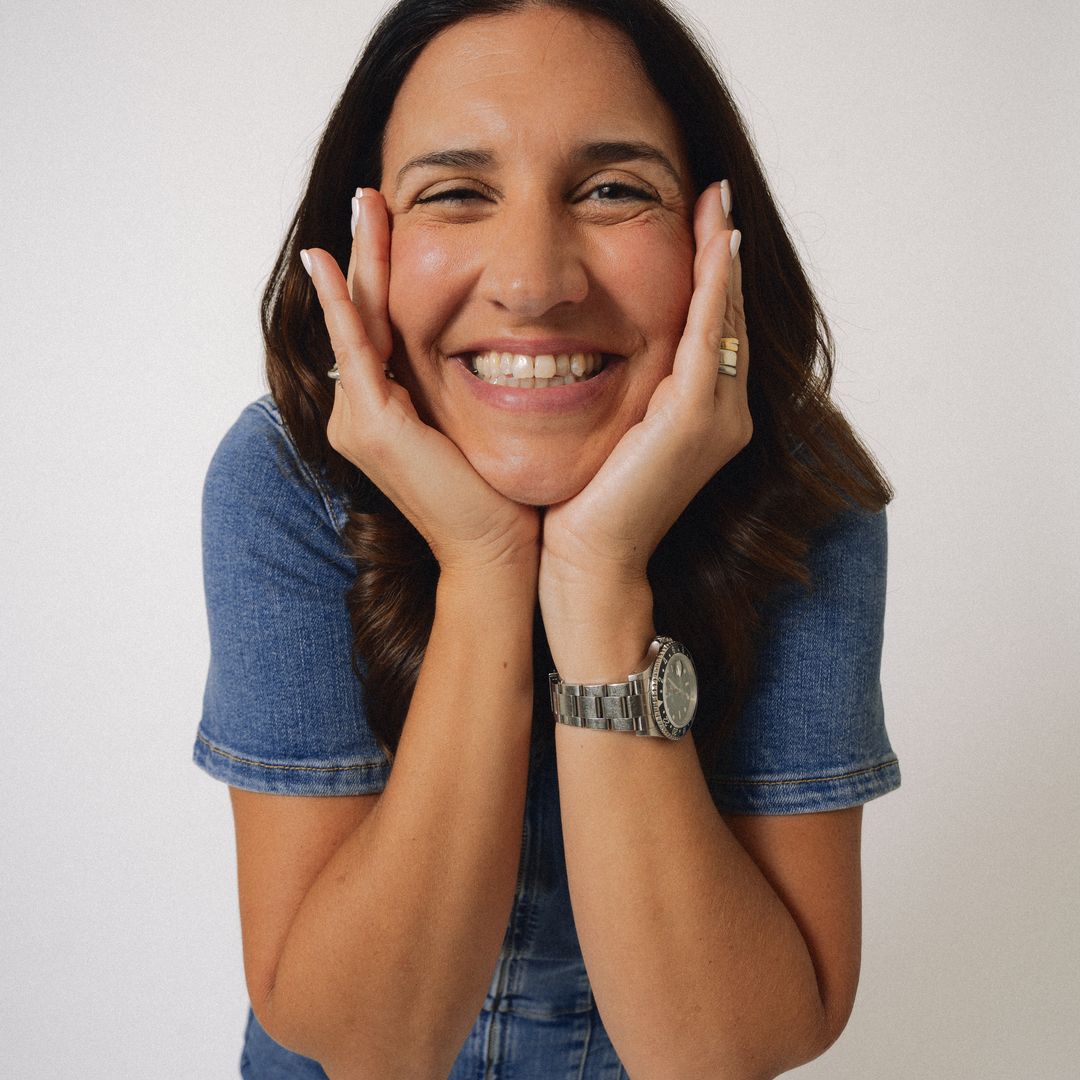The eye cream market is booming. According to research, it was worth almost $5 billion in 2022 and it is expected to reach almost $8 billion in 2030. And at last count, Sephora’s website stocks almost 200 eye treatment options.
So why am I, a Beauty Editor of 25-plus years, skipping this skincare step that most of you are clearly obsessed with?
I'm not saying that I’ve never tried eye cream. I have probably been sent hundreds of serums, lotions and creams all specifically designed to be used on the delicate eye area over my career, yet I have never added one to my daily skincare routine. 'But you’re a Beauty Editor, and you’re almost 50!' is the most common response from my friends when I tell them. And I understand why…
Crow's feet, or as I like to call them ‘smile lines’, are one of the first signs of ageing that often crop up in our 20s. And in this youth-obsessed era where perfectly smooth, crease-free skin is a must, being tempted to try a pot of cream specifically designed to diminish those lines, and prevent more from cropping up, is of course, tempting.
Dark circles and puffiness are also common eye area issues that we want to fix too. And now I'm in my late 40s, and choosing not to go under the needle for now, I need all of the help I can get!
But I have always questioned whether we really need a separate tube of cream to help fix these common eye issues.
“I think everybody needs an eye cream,” Oculoplastic Surgeon and Aesthetics Doctor, Dr. Maryam Zamani explains to HELLO! “And the reason for that is multifold. First of all, the skin around the eye is the thinnest and most delicate area on the entire body. Second, the eyes have no glands around them, and the glands help produce oils and help hydrate the skin which makes them more susceptible to damage.”
“Then think of all the muscles in the face. The eye is actually working 20,000 times on average every single day blinking. And when it's blinking, it’s moving the lymphatic drainage across and downwards. It's engaging in every expression you have, from crying to laughing, to sleeping, to blinking. So you're constantly getting repetitive motion which creates lines and wrinkles.”
Understanding the vulnerability of the area is one thing, but why can’t our regular face cream help the area instead? Won’t that just do the job just as well?
“Having a specialised eye cream means that you are getting the right ingredients into the delicate area, meaning the formulations can be slightly different. Plus, the testing that is carried out with a lot of eye creams means that they are suitable for that delicate skin. I also think that when you’re just using a face cream, you forget to put it around your eyes and don't really get close to the area or apply it on the upper or the lower eyelids. And I think that is really important to do.”
READ: I've never had so many compliments on my skin - here's what I'm doing
But where to start? Eye creams make a lot of promises: they’ll tighten, brighten, de-puff and de-wrinkle. And then there are all the ingredients they offer: retinol, vitamin C, caffeine, peptides, hyaluronic acid.
Dr Zamani, who has her luxury own skincare line, MZ SKIN, says that it depends on the results that you require. Need to brighten dark circles? Try something with Vitamin C. Need to help smooth out crows feet? Ones with retinol, peptides and hyaluronic acid may help.
But there is one strict rule that Dr Zamani says that we all must stick to when shopping for eye cream: and that is to make sure the formulation is ophthalmologically tested. “You don’t want any irritation or inflammation,” she explains.
Dr Zamani is convincing! Maybe it is time to introduce one to my routine after all...
Subscribe to HELLO!'s Beauty Collective newsletter for exclusive content straight to your inbox.

